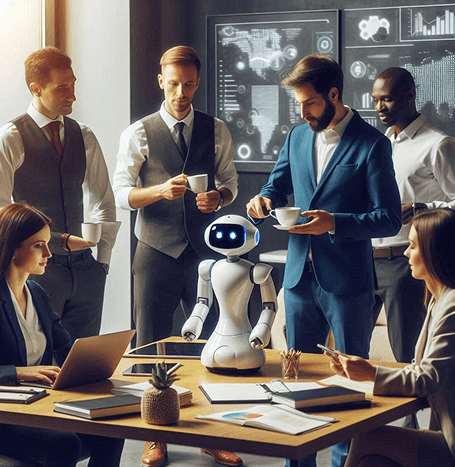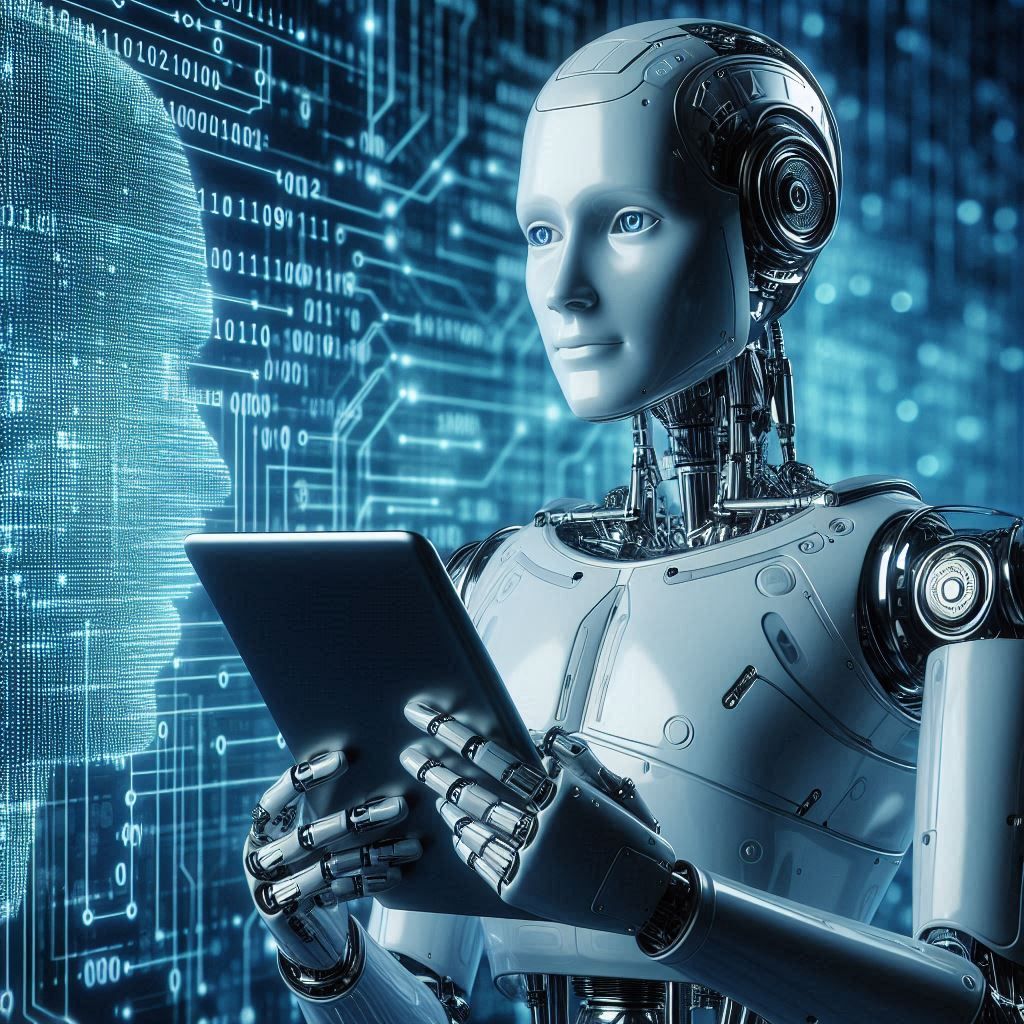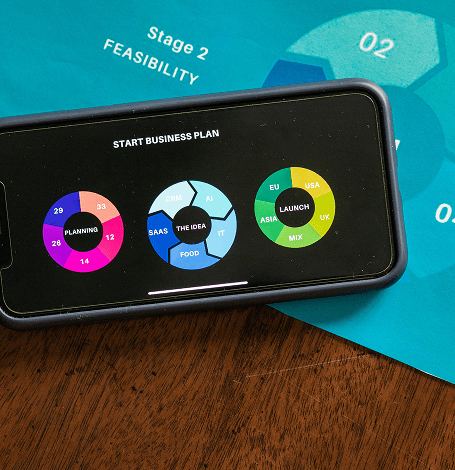
AI and Competitive Advantage: Transforming the Business Landscape
We are witnessing an exciting moment in history — the dawn of a new era in business and technology, comparable to the rise of the digital age and the Industrial Revolution. As we look into the future, it is clear that embracing and understanding artificial intelligence (AI) is essential for businesses aiming to prosper in this transformative era. Whether you are part of a large corporation or a small business owner, you can use AI to increase your competitive advantage. AI is revolutionizing business operations through many core advantages.
First, it drives end-to-end efficiency by streamlining workflows, enhancing resource allocation, and enabling predictive maintenance — ultimately leading to substantial cost savings. Second, it elevates decision-making quality by complementing human intelligence with data-driven insights and pattern recognition capabilities. Third, AI accelerates innovation by identifying market opportunities and enabling the rapid development of new products and services through its unique analytical approach. Fourth, it empowers the workforce by automating routine tasks, allowing employees to focus on strategic work, while also creating more inclusive opportunities for workers with disabilities. Finally, AI enables superior customer experiences through real-time personalization, round-the-clock support, and intelligent service routing.
AI fosters competitive advantage by enabling organizations to excel in key areas such as efficiency, personalization, innovation, and market agility.
Operational Efficiency
AI automates repetitive tasks, optimizes workflows, and reduces operational costs. Tools like AI-driven chatbots, predictive maintenance systems, and supply chain optimization models enhance productivity and reduce downtime. For example, Amazon's use of AI in logistics and warehouse automation minimizes delivery times and operational inefficiencies.
Enhanced Decision-Making
AI algorithms process vast amounts of data to uncover patterns and generate insights that support strategic decision-making. Predictive analytics helps businesses anticipate market trends, enabling proactive strategies that outpace competitors.
Personalization and Customer Engagement
AI technologies like recommendation engines, natural language processing, and computer vision enable hyper-personalized customer experiences. Companies like Netflix and Spotify leverage AI to recommend content tailored to individual preferences, fostering customer loyalty.
Innovation and Product Development
AI accelerates innovation by simulating scenarios, optimizing designs, and identifying unmet market needs. Pharmaceutical companies, for example, use AI to expedite drug discovery and development, giving them a first-mover advantage.
Agility and Adaptability
AI-powered systems can adapt to real-time changes in market dynamics, enabling companies to pivot strategies quickly. Retailers utilize AI to adjust inventory and pricing in response to demand fluctuations, ensuring optimal performance.
AI is redefining the parameters of competitive advantage, offering unprecedented opportunities for innovation, efficiency, and personalization. However, its adoption requires strategic foresight, ethical diligence, and investment in human and technical capital. Businesses that embrace AI responsibly and strategically will not only outpace competitors but also shape the future of their industries.









